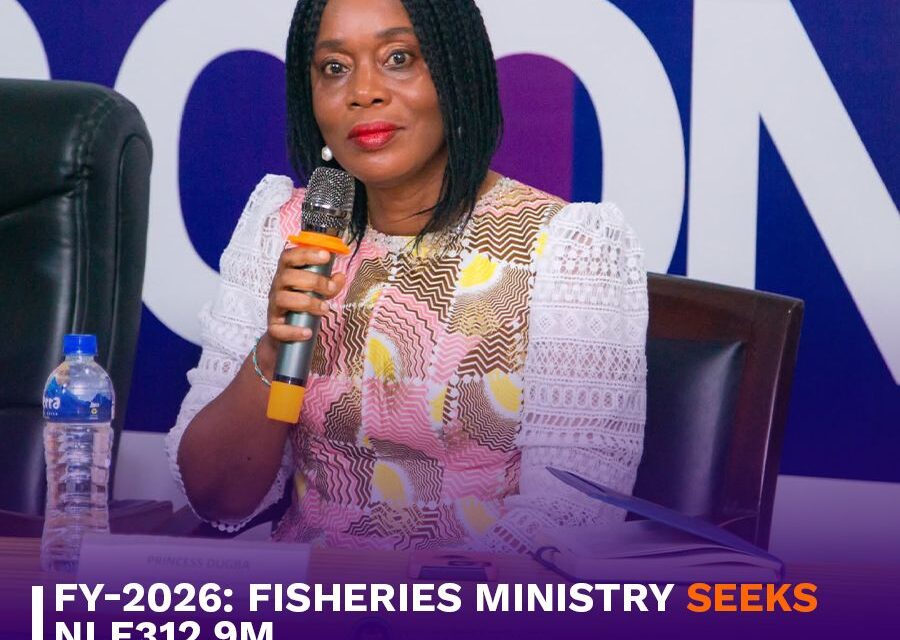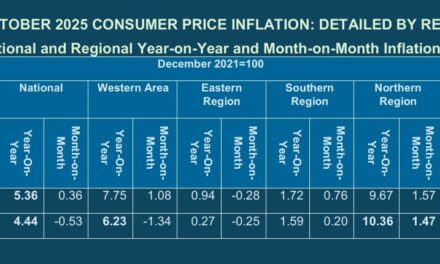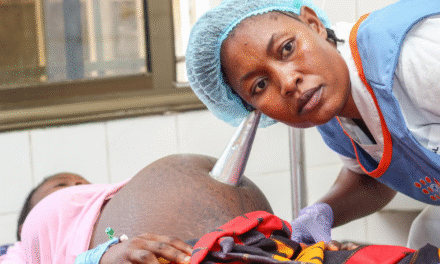By Kelfala Kargbo
Freetown, September 23rd 2025- The Ministry of Fisheries and Marine Resources has submitted a budget request of NLe312.9 million for the 2026 Financial Year during hearings at the Ministry of Finance. The proposed allocation covers both recurrent expenditures and public investment programmes aimed at strengthening the sector’s contribution to national revenue and food security.
Delivering opening remarks, Minister Princess Dugba reflected on the challenges faced during the recent ‘close season’ a government-imposed fishing moratorium. “People who had been fishing all their lives were told to stop. It was a herculean task for the ministry to handle,” she said. Despite initial resistance from artisanal fishers, Dugba credited government support and stakeholder engagement for the peaceful conclusion of the season.
The minister emphasized that the budget is designed to increase revenue generation, noting that current earnings from fishing licenses remain disproportionately low compared to sectoral output. In 2024, the ministry generated NLe150 million. Dugba said efforts are underway to encourage private entities to formally register with the ministry to expand the revenue base.
Presenting the ministry’s FY2026–2028 framework, Acting Director of Fisheries Sheku Sei described the budget as a strategic tool to support the Feed Salone agenda, which prioritizes food and nutrition security. He stressed the need for increased investment in monitoring systems to unlock the sector’s full revenue potential.
A key pillar of the budget is the implementation of Quota Management, a system designed to regulate commercial catch volumes annually. Minister Dugba said this would help ensure sustainable harvesting and better compliance with international standards.
The ministry outlined thirty planned activities under the proposed budget. However, the scope of these plans drew scrutiny from civil society. Aminata Kelly-Lamin of the Budget Advocacy Network questioned the feasibility of executing such a broad agenda with limited financial resources.
According to ministry data, fish remains a staple for 80% of Sierra Leoneans, with the average citizen consuming approximately 22.6kg annually. The ministry’s budget ambitions reflect both the economic and nutritional importance of the fisheries sector









